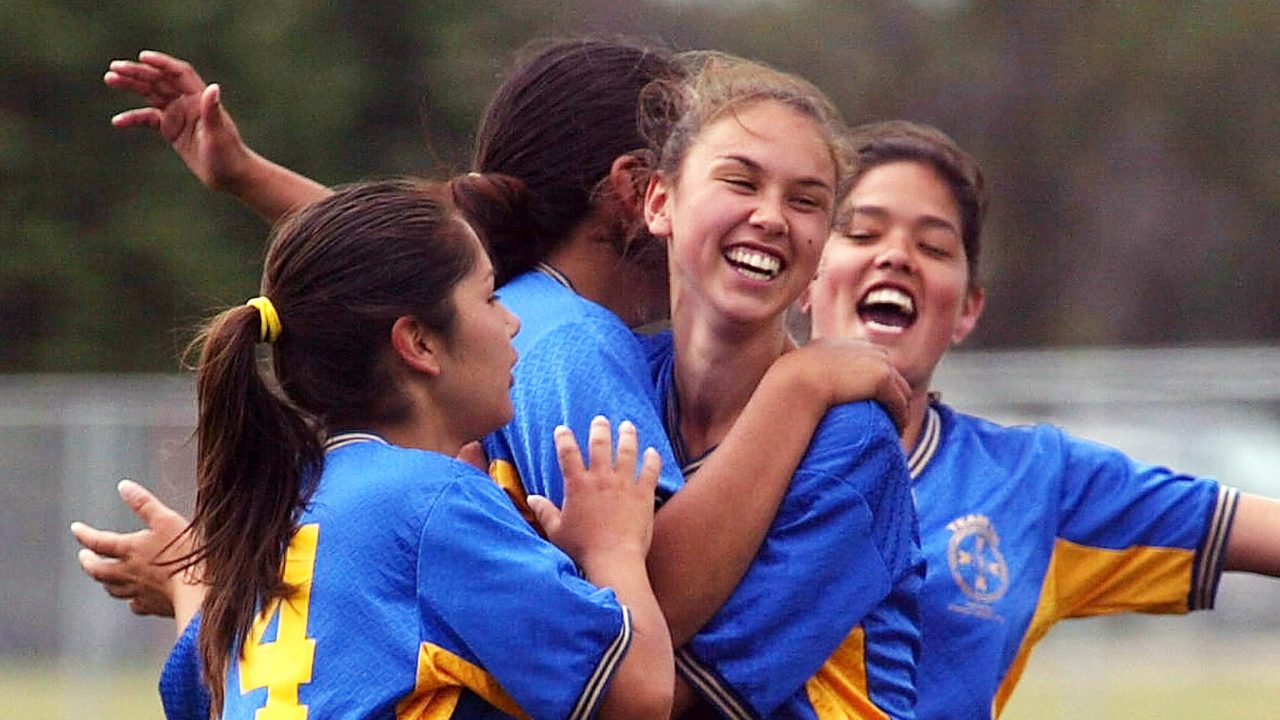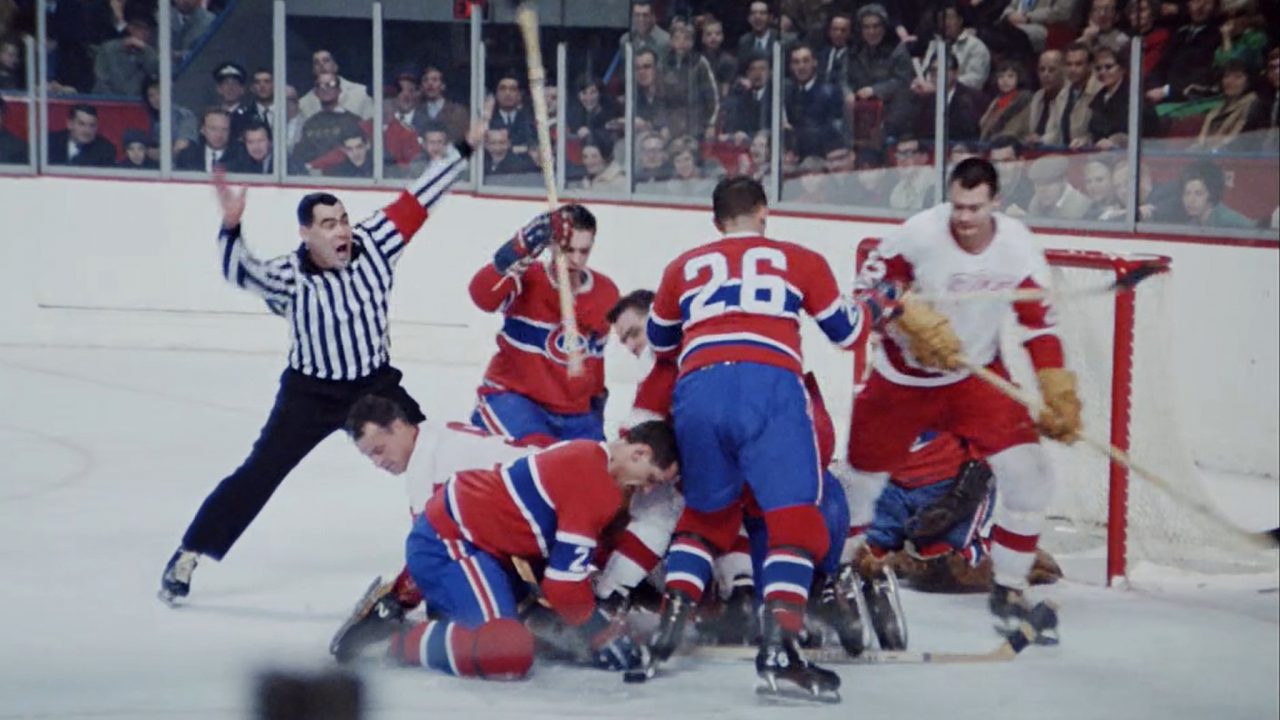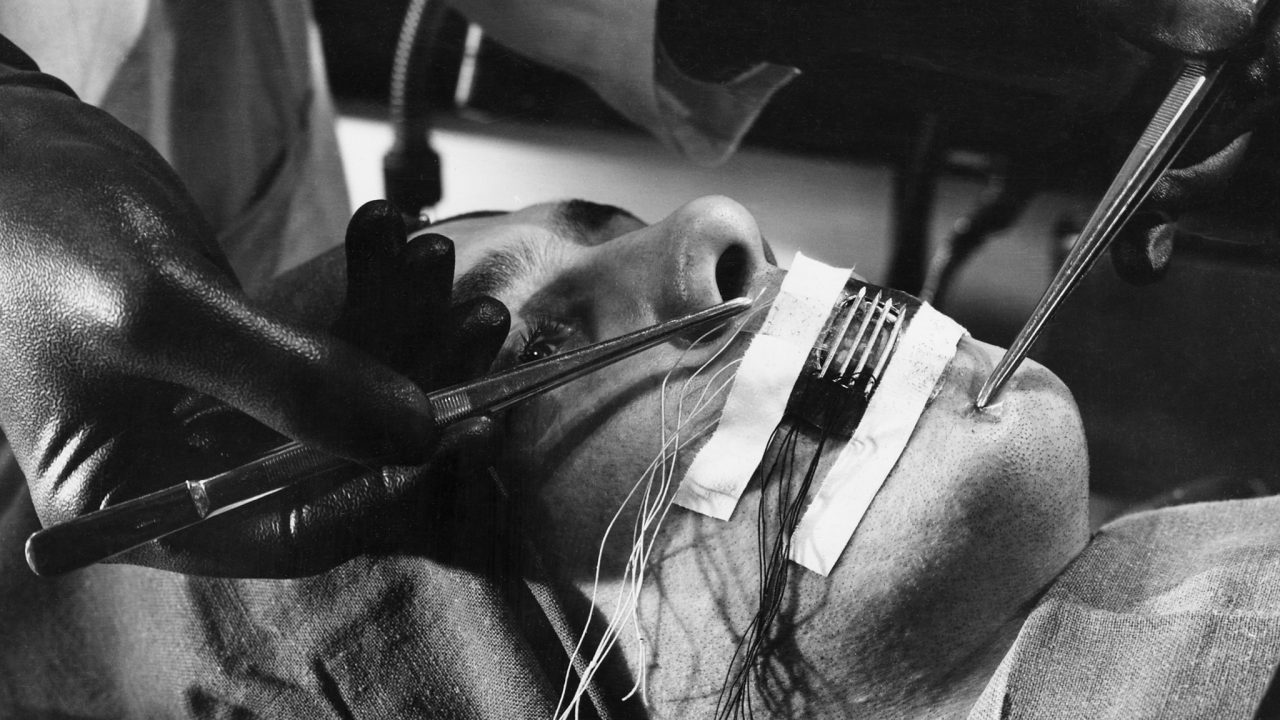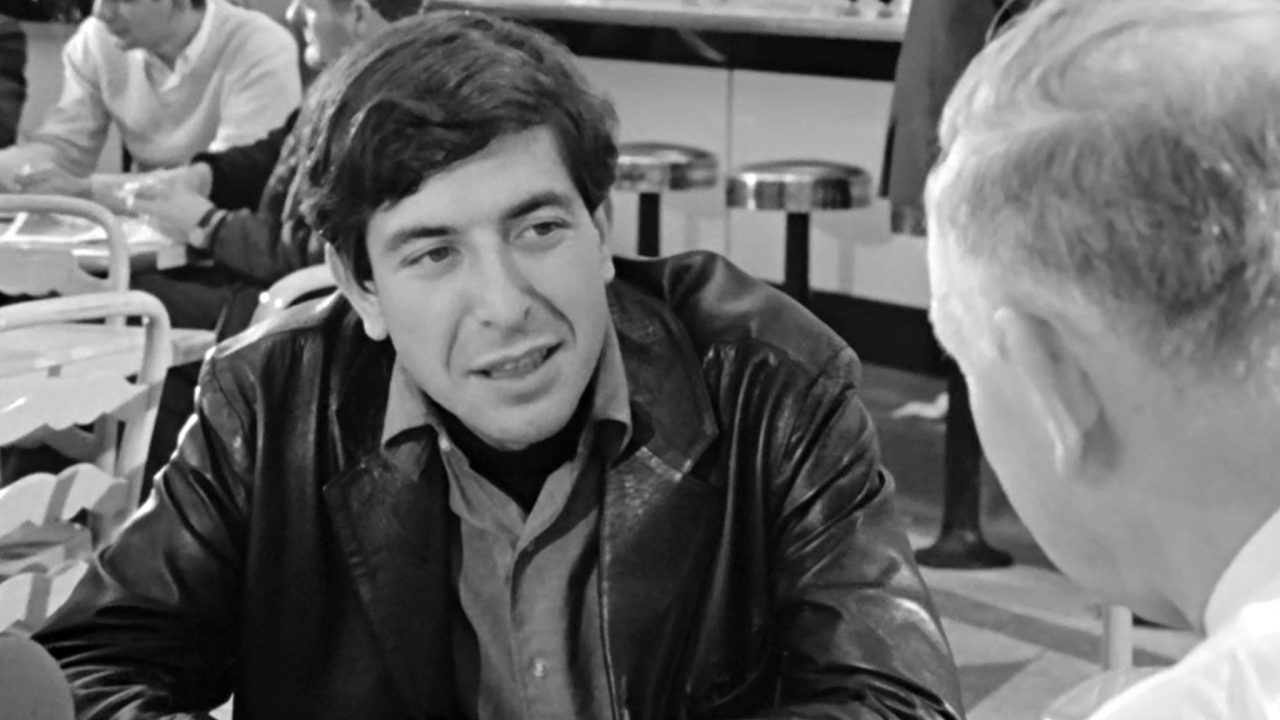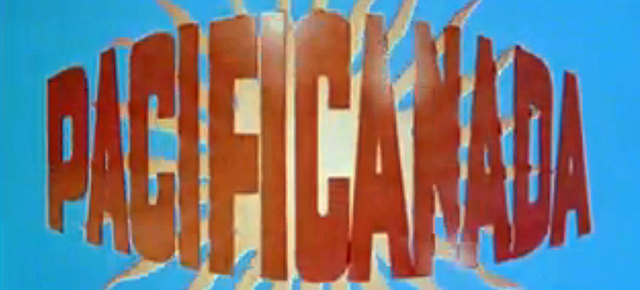
Pacificanada: British Columbia Seen through the NFB Lens
Pacificanada: British Columbia Seen through the NFB Lens
A few months back I wrote a piece on the West television series (you can read it here), the NFB’s second documentary series on the various regions of Canada. West had focused on the Prairies, and it followed the immensely successful Adieu Alouette series on Quebec. With these 2 series getting rave reviews, the NFB turned its cameras on British Columbia with Pacificanada.
Pacificanada consisted of 8 half-hour documentary programs, broadcast as of January 1975 on the entire CBC network. All these series were produced in part to focus on the different regions of Canada and in part to support the efforts of regional filmmakers. Pacificanada was no exception, with 5 of the 8 segments produced by local filmmakers. At the time, the NFB was in the process of opening regional studios across the country in an effort to better represent all Canadians. (In 1969, there were production studios only in Montreal and Vancouver, joined in the mid-1970s by Halifax, Edmonton, Winnipeg and Toronto.)
Originally, the NFB wanted to make a combined series on BC and the Maritimes, to be called Coastal Peoples, but it was decided that this approach was too restrictive and the 2 subjects were separated, with Pacificanada focussing on BC and Atlanticanada on the Maritimes (more on Atlanticanada at a later date). Ian McLaren, who had produced the Adieu Alouette series and directed one of the West films, was executive producer on Pacificanada.
The first episode of the Pacificanada series, A Slow Hello, was broadcast on January 22, 1975, at 10:30 p.m., to mixed reviews. It tells the story of a 64-year-old cowboy working in the Nicola valley. Reviewers noted that the title was appropriate since the film moved at such a glacial pace. They all felt the biography had some compelling moments but would have benefited from faster editing to move the story along.
A Slow Hello, Tom Radford, provided by the National Film Board of Canada
The same cannot be said for the second instalment, Whistling Smith, which hit the airwaves a week later with the power of a howitzer. Audiences and critics were not sure what to make of its protagonist, Vancouver Police sergeant Bernie Smith, a tough-as-nails, old-school cop who patrolled the worst parts of Vancouver’s skid row. The film is a raw, unflinching look at a rough area of Vancouver populated by far too many sad misfits. Smith takes a no-nonsense approach to his job, much to the dismay of the various individuals he must police during his daily rounds. This is as real as it gets and not for the faint of heart. Reviews were quite favourable; most considered this film to be the best of the series. Documentary legend Donald Brittain wrote the poignant commentary, which he narrates in his own inimitable style.
There is a sequence that I find heartbreaking. It shows Smith talking with a young prostitute who is desperate to get her children back from social services. Smith reveals his gentle side in this segment but it is clear that the young woman will not keep any of her promises. The film later received an Oscar® nomination in the category of Documentary (Short Subject).
Whistling Smith, Michael Scott & Marrin Canell, provided by the National Film Board of Canada
Soccer, the third instalment, followed on February 5 and received mixed reviews. It tells the story of British Columbia’s obsession with the beautiful game. Most of the dissenting voices were of those who did not care much for soccer and believed it was the game of immigrants. The film focuses on the amateur and youth leagues, with Vancouver Italia getting prominent screen time. While Soccer is quite dated now (I cringe every time I see the players dribbling the ball on the rock-hard Astroturf), it remains an interesting time capsule on the popularity of the sport in BC.
Soccer, Shelah Reljic, provided by the National Film Board of Canada
The fourth instalment in the series, Where You Goin’ Company Town, caused a great deal of trouble for the NFB. The film, which focuses on the labour relations between workers and mining giant Cominco in Trail, BC, was severely criticized by the mayor of the town and the Member of Parliament for the region. They felt the NFB staged a confrontation between workers and management on a picket line and generally distorted the truth about the town of Trail. NFB Film Commissioner Sydney Newman had to personally write to the MP to explain that the NFB had been filming for several days on the picket line when the trouble broke out and that the crew just filmed what was going on without influencing the outcome. Audiences and critics were divided: some called it a very well-made piece and others claimed it was biased. Almost all the viewers who reacted complained about the crude language (as was the case when Whistling Smith was broadcast).
Where You Goin’ Company Town?, Stephen W. Dewar, provided by the National Film Board of Canada
The fifth episode, Pen-Hi Grad, broadcast on February 19, is a bittersweet look at the 1974 graduating class of Penticton High School. The film intercuts footage of all the formal graduating ceremonies, attended by much of the community in this small town, with footage of the students cutting loose. Sadly, graduation means most of these people have to leave Penticton to pursue their education or enter the work force.
Pen-Hi Grad, Sandra Wilson, provided by the National Film Board of Canada
Pacificanada continued to air throughout February and March, ending on March 12 with the broadcast of its eighth and final episode, Bella Bella, a documentary on the Indigenous people of the Campbell Island fishing village.
Bella Bella, Barbara Greene, provided by the National Film Board of Canada
Overall, the series was well received, with Whistling Smith getting most of the plaudits. All the episodes were re-broadcast on the CBC in July and August of that year. Some of the episodes were sold to television networks around the world. Soccer did very well, racking up sales to Israel, Scotland, Nigeria and South Africa as well as to KCTS, Seattle’s PBS station. Not surprisingly, the Oscar nomination led to Whistling Smith being sold to networks in Iran and the UK. KCTS Seattle also bought the film, and several excerpts were sold to CBS news for use in their 60 Minutes program.
Although I consider West to be, by far, the best of the 4 NFB television series made on the regions of Canada, Pacificanada captures priceless moments that will resonate with most viewers. In Pen-Hi Grad, I just loved the mother-daughter tea that takes place before the graduating ceremonies. Everyone is on their best behaviour, while someone off-camera says that it is more of a coming-of-age ceremony than a graduation, and that the older people are very happy to participate in the ritual.
Enjoy the films.
(The following Pacificanada episodes are also available to view on NFB.ca: Baby This is For You and David and Bert)
